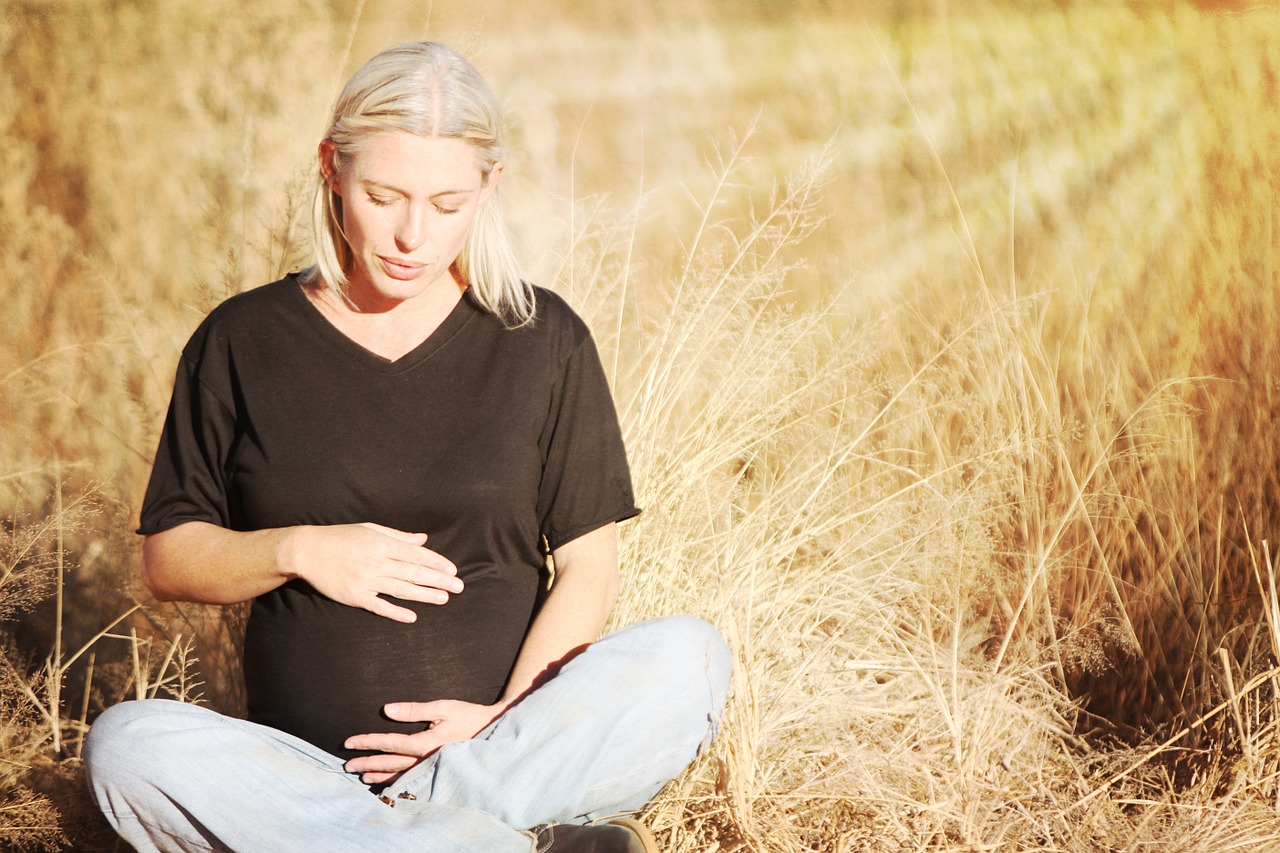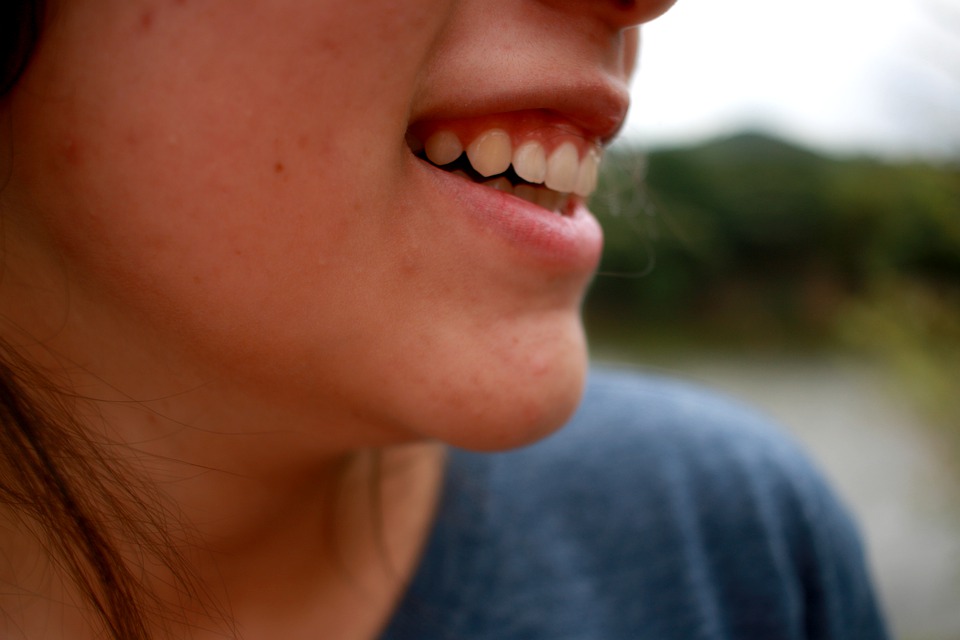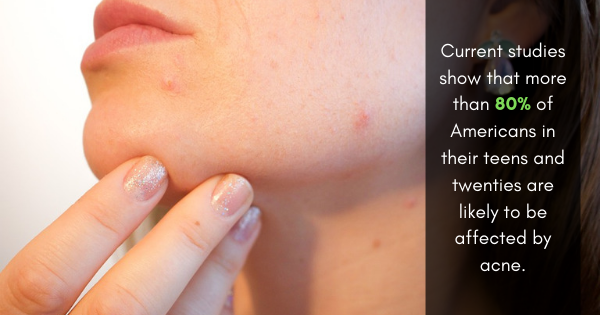
Healthy Skincare Practices During Pregnancy
Caring for a baby on the way comes with enough challenges — the last thing you want to worry about during your pregnancy is skincare. Here’s how to take every (baby) bump and breakout in stride.
Whether you’re becoming a first-time mom or you’re adding another bundle of joy to your family, the changes your body will undergo during pregnancy can be difficult to predict and even harder to treat. Between weird cravings and emotional changes, taking care of your skin may be the last thing on your mind.
But don’t worry: we’re here to help ease the burden with some simple tips about what works — and what to avoid — to keep your skin glowing through the final trimester.
What Can I Expect From My Skin During Pregnancy?
During pregnancy, your skin will go through a wide range of changes, but thankfully most of them aren’t very serious. Here’s a list of the most common side effects that pregnancy could have on your skin:
- Stretch marks: Stretch marks affect almost 90% of pregnant women. They appear as pink or reddish streaks running down your abdomen and/or breasts.
- Melasma or Chloasma: These are dark blotchy spots that appear on your forehead and cheeks as a result of increased pigmentation.
- Pregnancy glow: During pregnancy your body produces 50% more blood, which increases blood circulation and hormone production, leaving your face shiny.
- Varicose veins: These bulky, bluish veins usually appear on the legs during pregnancy. This happens because your veins are pumping extra blood to your baby. Varicose veins can be uncomfortable and sometimes painful.
- Acne: Acne is unpredictable during pregnancy — it can increase or actually improve. Luckily, if you do have an acne flare-up, your dermatologist will know what products and prescriptions are safe for you and your baby.
Keeping Your Skin Healthy Through All Three Trimesters
Many of the changes that your skin undergoes during pregnancy can be treated with relative ease. Some believe that exercising and applying lotions that contain vitamin E and alpha hydroxy acids may help to prevent stretch marks, though these methods aren’t scientifically proven. Wearing a high SPF sunscreen and hat will help to prevent Melasma, while varicose veins may be alleviated or avoided altogether with regular exercise and a Vitamin C-rich diet. And if you’re looking to avoid that pregnancy glow, try using a gentle cleanser to remove excess oil.
For acne, the best skincare products to use during pregnancy are glycolic acid or other AHA (alpha hydroxy acid) products and peels. This is because they are derived from sugar cane, and in general, using organic products will limit your skin’s exposure to harmful chemicals.
What Are Some Skincare Practices and Ingredients to Avoid?
Here are some of the ingredients that you should consult your dermatologist before using during your pregnancy (and a little longer if you’re breastfeeding):
- Aluminum chloride hexahydrate: Commonly found in antiperspirants, also known as aluminium chlorohydrate.
- Beta hydroxy acids: Salicylic acid, 3-hydroxypropionic acid, trethocanic acid and tropic acid.
- Chemical sunscreens: Avobenzone, homosalate, octisalate, octocrylene, oxybenzone, oxtinoxate, menthyl anthranilate and oxtocrylene.
- Diethanolamine (DEA): Found in hair and body products; you should avoid diethanolamine, oleamide DEA, lauramide DEA and cocamide DEA.
- Dihydroxyacetone (DHA): Found in self-tanners and dangerous if inhaled.
- Formaldehyde: Found in hair straightening treatments, nail polishes, and eyelash glue.
If you’re pregnant and have concerns about your skin, don’t hesitate to contact a dermatologist.









No Comments
Sorry, the comment form is closed at this time.